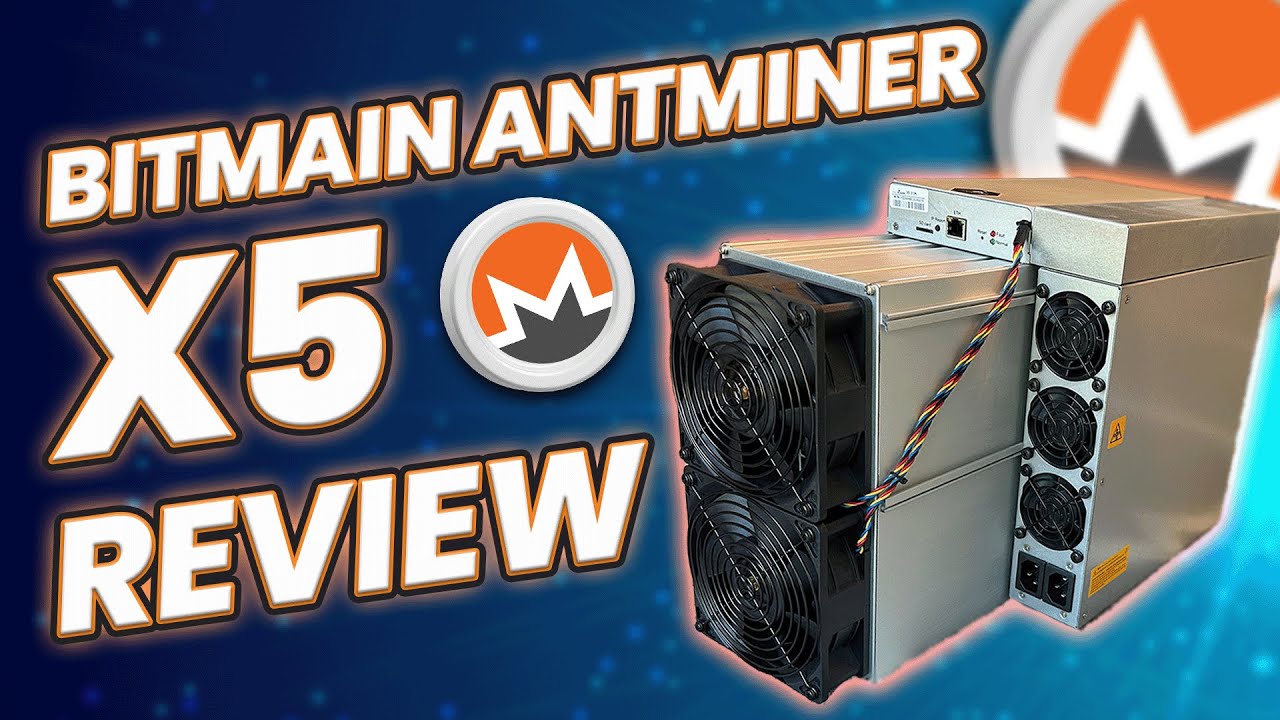Introduction:
In the dynamic realm of cryptocurrency, Bitcoin cloud mining has emerged as a lucrative venture for enthusiasts and investors. As technology progresses, the integration of Artificial Intelligence (AI) into mining operations has become an increasingly intriguing subject.
AI presents solutions to enhance mining processes by refining algorithms, providing real-time data insights, and recommending advanced hardware. With AI’s potential to improve energy efficiency, strategic planning, and sustainability, it may play a pivotal role in the future of crypto mining.
This blog post will delve into the various ways AI can be utilized to boost efficiency, security, and profitability in the realm of Bitcoin cloud mining.
How useful is the use of AI in bitcoin cloud mining?
1. Optimizing Mining Operations
- Algorithmic Trading: AI algorithms can analyze market trends, providing miners with valuable insights into optimal timings for buying and selling mining contracts or Bitcoin.
- Predictive Analytics: By delving into historical data, AI can predict future cryptocurrency price trends, empowering miners to make informed decisions and navigate volatile market conditions more effectively.
2. Energy Efficiency
- Smart Energy Consumption: Bitcoin mining faces challenges in energy consumption. AI can optimize energy usage by dynamically adjusting computing power based on factors such as electricity costs and network difficulty, contributing to a more sustainable mining operation.
3. Security
- Threat Detection: Despite the decentralized nature of cryptocurrencies, they are not immune to cyber threats. AI can enhance security by identifying potential threats and vulnerabilities within the mining infrastructure, offering protection against cyber attacks and unauthorized access.
4. Mining Pool Management
- Resource Allocation: AI-driven algorithms can analyze network conditions and distribute mining power efficiently among various mining pools. This ensures that miners can maximize returns by strategically allocating resources based on real-time conditions.
5. Performance Monitoring
- Hardware Maintenance: AI’s ability to monitor the performance of mining hardware is revolutionary. By predicting when maintenance or upgrades are needed, miners can reduce downtime, enhance operational efficiency, and prolong the lifespan of their equipment.
Challenges and Considerations
- Uncertain Market Conditions: While AI can provide valuable insights, the inherent volatility of cryptocurrency markets remains a challenge. Unforeseen events, market sentiment shifts, and regulatory changes can impact prices in ways that AI models may not accurately predict.
- Initial Investment: Implementing AI into mining operations requires a significant upfront investment in both hardware and software. The cost-effectiveness of these investments depends on factors such as the scale of mining operations and the accuracy of AI predictions.
- Continuous Adaptation: Cryptocurrency markets and mining dynamics evolve. Successful integration of AI requires continuous monitoring and adjustments to ensure that the models remain effective over time.
Conclusion
In the dynamic world of Bitcoin cloud mining, leveraging the power of AI can open new avenues for miners seeking to optimize their operations. From predicting market trends to enhancing security and energy efficiency, AI provides a diverse set of tools to navigate the complexities of cryptocurrency mining.
However, it’s crucial for miners to approach AI integration with careful consideration, conducting thorough research, and staying informed about technological advancements to unlock the full potential of this cutting-edge technology. By doing so, miners can position themselves for success in an ever-changing and competitive landscape.






